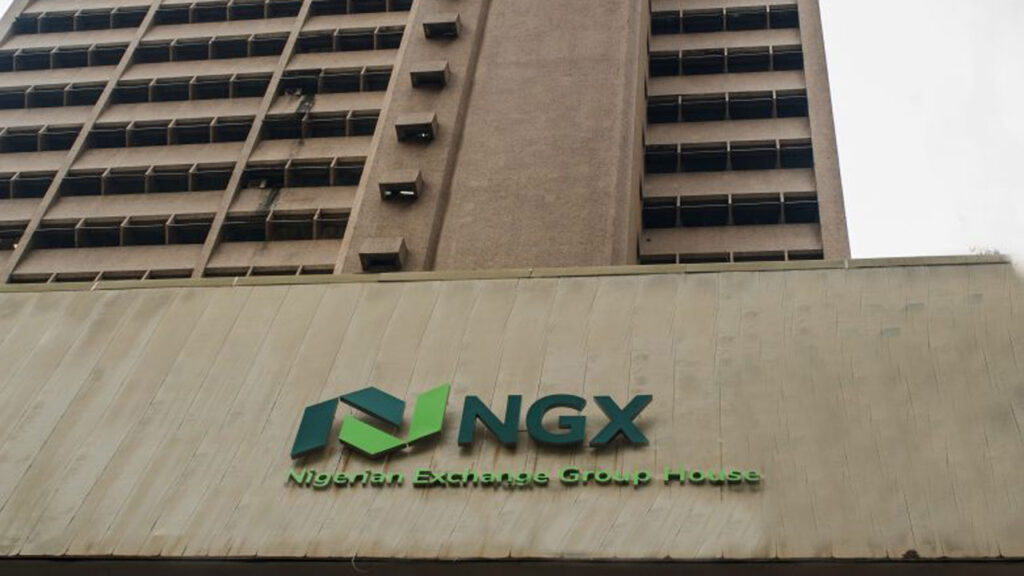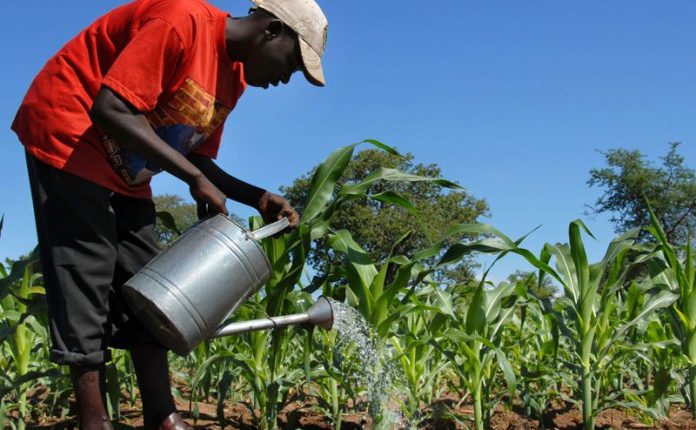 The International Labour Organisation (ILO) said mutually-reinforcing crises, including rising debt levels, are disproportionately affecting developing countries, worsening the global employment divide between high- and low-income countries.
The International Labour Organisation (ILO) said mutually-reinforcing crises, including rising debt levels, are disproportionately affecting developing countries, worsening the global employment divide between high- and low-income countries.
The labour organisation said while global unemployment this year is expected to fall below pre-pandemic levels to 191 million (corresponding to a global unemployment rate of 5.3 per cent) estimates showed that low-income countries remain far behind in the recovery process.
A new report tagged ‘ILO Monitor on the World of Work’ projects that low-income countries in Africa and the Arab region are unlikely to recover to pre-pandemic levels of unemployment this year.
For sub-Saharan Africa, the report stated that the unemployment rate in 2023 is projected at 6.3 per cent (5.7 in 2019) while North Africa is 11.2 per cent (10.9 per cent in 2019). The estimate for Arab states is projected at 9.3 per cent (8.7 in 2019).
The report also stated that beyond unemployment rates, a new indicator developed by the ILO showed that the jobs gap offers a more comprehensive measure of the unmet demand for employment, especially in developing countries.
The report captured all persons who would like to work but do not have a job, while variations in the jobs gap point further to a global employment divide.
“Low-income countries face the largest jobs gap rate at an alarming 21.5 per cent, while the rate in middle-income countries stands slightly above 11 per cent. High-income countries register the lowest rates, at 8.2 per cent. Furthermore, low-income countries comprise the only country income group that has seen a long-term rise in the jobs gap rate from 19.1 per cent in 2005 to 21.5 per cent in 2023,” the report says.
The report also noted for developing countries, rising debt levels add additional challenges, considerably narrowing the scope for policy interventions. Financial and fiscal constraints hamper responses to complex threats, which include conflict, natural disasters and economic crises that tend to reinforce themselves (a poly-crisis), worsening the jobs gap.
According to the report, low-income developing countries that are in debt distress are facing a significantly higher jobs gap, reaching 25.7 percent in 2023, compared with 11 percent in developing countries at low risk of debt distress.
The report also highlights significant social protection policy gaps in developing countries and provides new evidence that increasing investment would bring large economic, social and employment benefits and narrow the global jobs divide.
However, ILO Director-General, Gilbert Houngbo, who shared his remark, said the findings of the report were a stark reminder of growing global inequalities.
He said investing in people through jobs and social protection would help narrow the gap between rich and poor nations and the people.
“This is why the ILO is launching a Global Coalition for Social Justice. The coalition will bring together a wide range of multilateral bodies and stakeholders. It will help to position social justice as the keystone of a global recovery and make it a priority for national, regional and global policies and actions,” he said.













